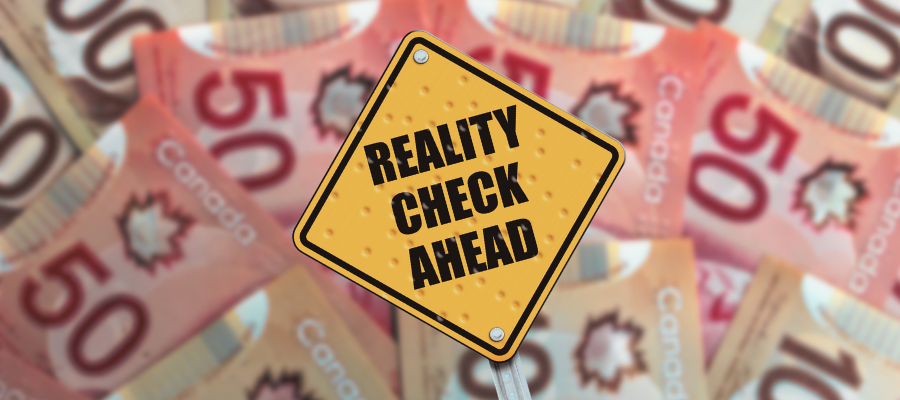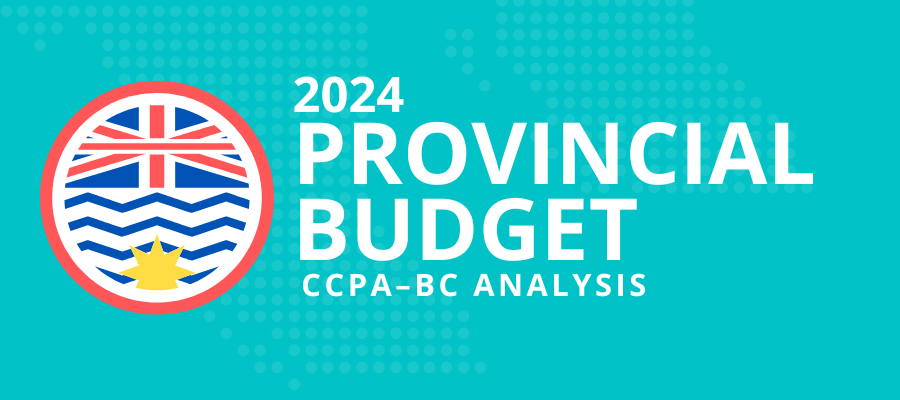Budget reality check
The provincial government officially changed its no-deficits-no-matter-what tune this week with its proposed amendments to BC’s balanced budget legislation. Not too surprising. To reject the view of economists far and wide that red is the new black by insisting on a balanced budget at all costs would be political suicide, not to mention bad policy.
But the debate about deficits isn’t over yet.
As my economist colleagues point out in the CCPA’s BC Budget Reality Check (released today and available here), the government should be planning for a recession. That doesn’t just mean deficits, it means big ones. Even a minor recession could spell a deficit in the $1 billion range in 09/10 — and that’s only to maintain the “status quo” (ie, not counting new stimulus spending). Without an aggressive stimulus plan that gets money into the hands of those who need it and who will spend it quickly, we risk an even deeper and longer downturn.
From the summary:
…This reality check models three budget scenarios for government finances: baseline (using the latest Economic Forecast Council projections), minor recession, and major recession. Given that the baseline scenario is overly rosy, the 2009 BC Budget should be premised on the assumption that the province will be in recession this year.
- Even with no changes in tax or spending policies, a minor recession would mean deficits of approximately $0.8 billion in 2009/10 and $1.3 billion in 2010/11.
- A major recession would push status quo deficits to approximately $1.9 billion in 2009/10 and $2.7 billion in 2010/11.
- A meaningful stimulus package will require significantly larger deficits.
Recommendations for the 2009 provincial budget:
- Get money into the hands of people with low and modest incomes — they will spend it quickly and locally. Public spending has a greater stimulative impact than tax cuts.
- Adopt a comprehensive poverty reduction strategy to protect the most vulnerable and ensure poverty and homelessness in BC don’t go from bad to worse.
- Increase spending at rates that will, at minimum, protect existing public services.
- Given the current degree of economic uncertainty, the budget should err on the side of doing too much rather than risk doing too little.
- Focus infrastructure spending on green projects and meeting urgent social needs.
- Resist the temptation to favour capital projects (whose costs are spread out over many years) over equally important investments in health, education and social services.
Topics: Provincial budget & finance


